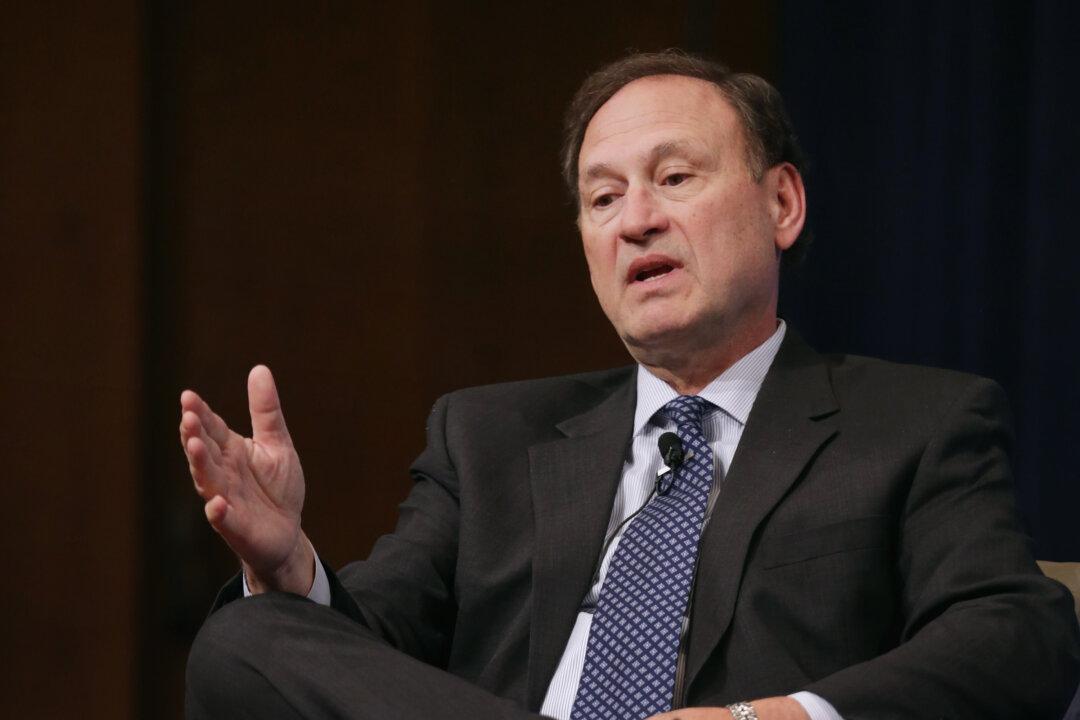News analysis
As the Supreme Court continues struggling with the unprecedented leak earlier this month of a draft majority opinion that would reverse Roe v. Wade, the draft’s author, Justice Samuel Alito, told a law school audience he was bothered by a court opinion written by a conservative colleague that extended employment protections to gay and transgender employees.





